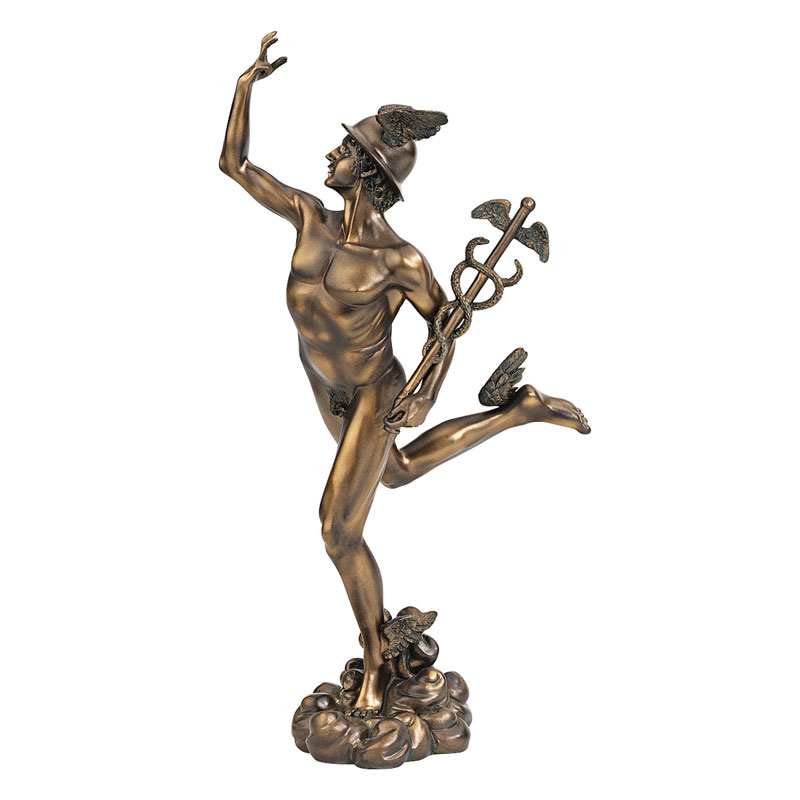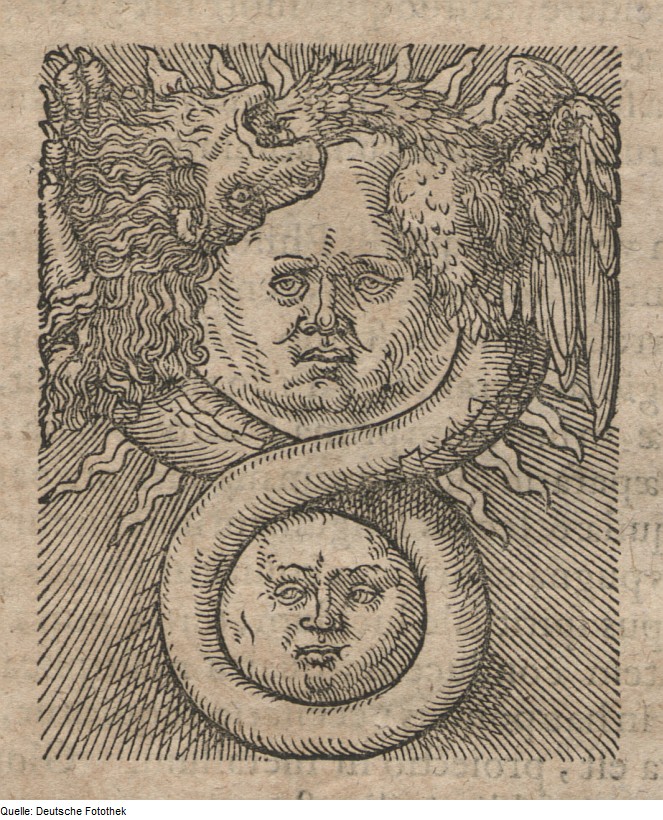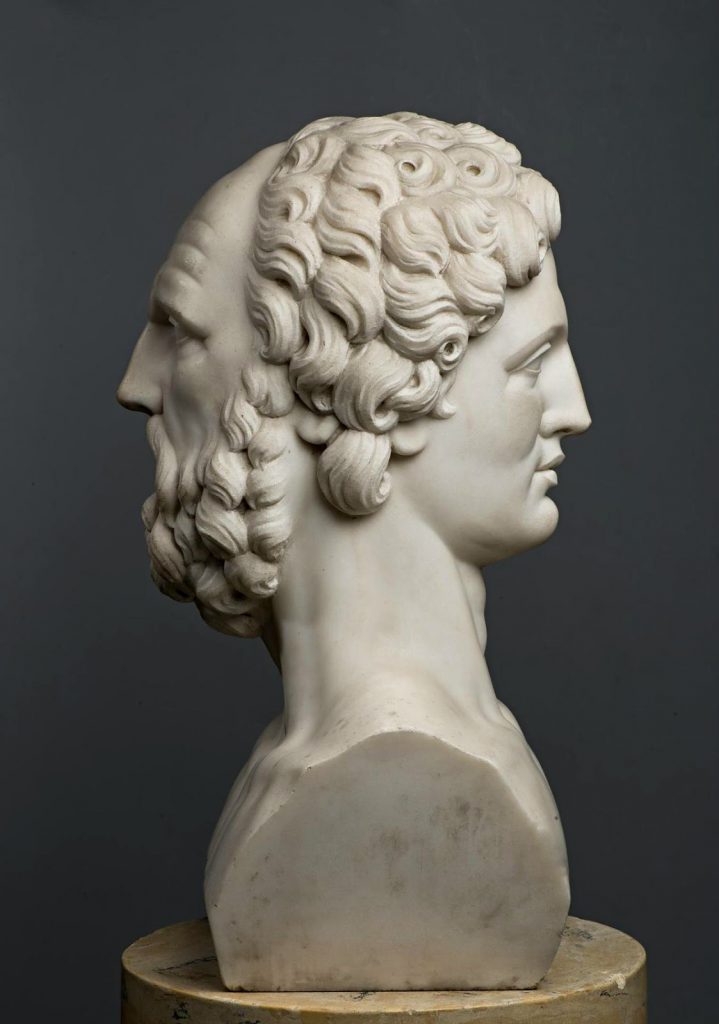One of the Dream Whisperer characters you’ll see returning in the sequel is Alan Hargrave. In Dream Whisperer, he’s an army captain serving as a medical doctor at the front. He’s a tender soul, and the casualties of war sicken him. Hargrave is one of the Celtic gods Fleming tries to get on his side in the fight against his archenemy. However, the good doctor is so disgusted with mankind by his war experience that he’s of hardly any use at all to Fleming.

Hargrave is a god formerly known as Alaunus. We know very little about him, except that he was a god of prophecy and healing in Gaul. There’s even some confusion about whether the male Alaunus and the female Alauna are the same god or not. Alauna may be an entirely unrelated Celtic river goddess or just the female equivalent of Alaunus. It’s hard to say. There’s a lot of gender fluidity in ancient gods. Both names appear on the continent, in France and Germany, and throughout Great Britain. The River Aln in Northumberland is named after him/her, as is the Roman fort town Alauna, now Learchild. The River Aln rises in Alnham and also gave its name to Alnwick and Alnmouth. Alcester in Warwickshire and Ardoch in Perthshire also take their names from him. Alaunus may be derived from the proto-Celtic alaunos, which means ‘shining one’. That could signify Alaunus was associated with the sun and just another name for the sun god Belenos, who, by the way, was also a healing god.
The Romans usually referred to Celtic gods by the name of their equivalent in the Roman pantheon. In Alaunus’s case, that was the god Mercury. As so often, the comparison wasn’t a perfect fit. Mercury (Hermes in the Greek pantheon) was a subordinate god, although he was often considered the cleverest of the lot, and he represented a mix of virtuous to downright dubious traits. He was the messenger of the gods; his swiftness made him into a wind deity, and he also ruled over wealth, good fortune, commerce, eloquence, athletes, and fertility. So far, so good, but his darker nature made him into a liminal god. The Romans saw the planet attributed to Mercury as the evening star —

funnily enough, Mercury was in fact also the morning star dedicated to Apollo, as people didn’t know then that it was the same planet. Mercury was the god of sleep and thievery, both night-time activities. And he brought the souls of the dead to the underworld, which puts him squarely in the same business as the Greek goddess Hecate, who is usually depicted as one of the evilest divinities.
Mercury’s most recognisable attribute — apart from his winged feet and helmet — was the caduceus, two snakes winding around a winged staff, which became the symbol of medicine. Initially, the caduceus was the alchemical and Kabbalistic symbol of Azoth, the essential agent of transformation or the measureless spirit of life that flows from the throne of god. From there it turned into the Universal Solvent, the Universal Cure, and the Elixir of Life. For alchemists, Azoth is just another word for the Philosopher’s Stone. For those who, like the Kabbalists, seek hidden meaning in words by playing letter games Azoth is a godsend. A is the first character in the Phoenician, Greek, and Roman alphabets, whereas the three next letters are each the last character in different alphabets: Z is the Roman Zeta, O is the Greek Omega, and TH is the Hebrew Tav. That makes Azoth the beginning and end of all things, the ultimate synthesis of opposites.


Curiously, that brings Azoth/Mercury/Hermes close to what is probably the most powerful god in the Roman pantheon: two-faced Janus. Janus is an invention of the Romans; he has no Greek equivalent. He’s the god of beginnings, transitions, and endings. Janus presided over the creation of time, religion, life, and even the gods themselves. When Romans addressed a prayer to a god, they invoked Janus first as he held the key to accessing all other gods. They called him Pater, or Father, stressing his primordial role. As so often is the case, the origins and nature of Janus got muddled over the centuries. According to a medieval scholar, Macrobius, Ianus is just another name of Apollo, the sun god, and he has in Iana a female equivalent. Iana or Diana is a moon goddess. Medieval etymology is untrustworthy at best, but if Janus is the god of time, it does make sense to associate him with the sun, which was in ancient times the ultimate timekeeper. So both Alaunus and Janus seem to be gods that may be identified with the sun, brilliant intelligence, healing, and a capacity for telling the future.
If all that sounds confusing to you, then that’s because it is. Gods’ names, attributes, and characteristics changed continuously as they traversed the ages and crossed cultural and tribal boundaries. The more you read about it, the more it boggles the mind. Given the paucity of hard data on many gods and their cults, comparative mythology seems an academic domain where scholars’ personal fancies seem to dominate the field. It makes both for great reading and intense befuddlement as one seeks a passageway through the labyrinth of contradictory theories.